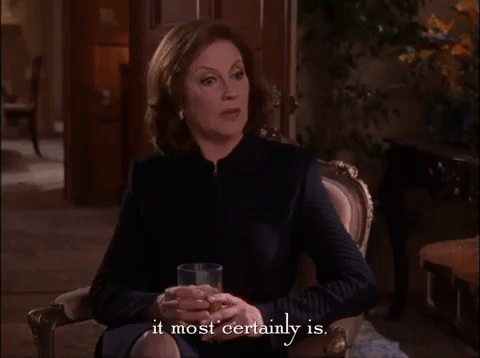This is a discussion about Absolute Certainty.
First I will give what I see are Absolute Certainty.
100% Certain of God - Unknowable.
100% God sends Messengers.
100% Certain those Messengers are all we can know of God.
100% Certain that if you believe in one of those Messengers, one has found a source of Truth.
100% Certain that we are in true form, we are Spirit.
100% Certain that creation is a Relative Certainty.
100% Certain that all people have this knowledge within.
100% Certain, that we will mess up that Certainty.
Well that is a good start.
What about you, what are your Absolute Certainties?
Do your Certainties find any agreement in Mine?
Do you think we can have Absolute Certainty?
Regards Tony
I am absolutely certain that you are absolutely right.

